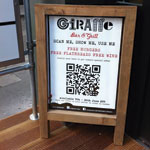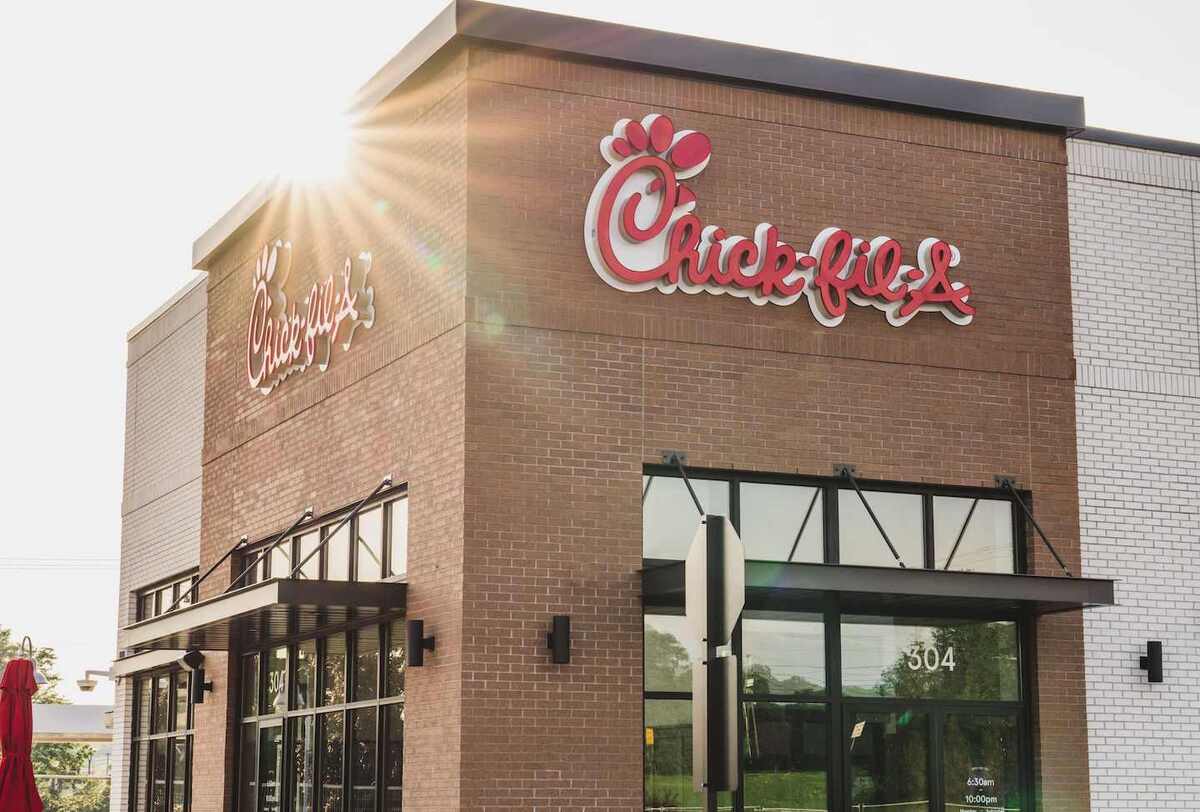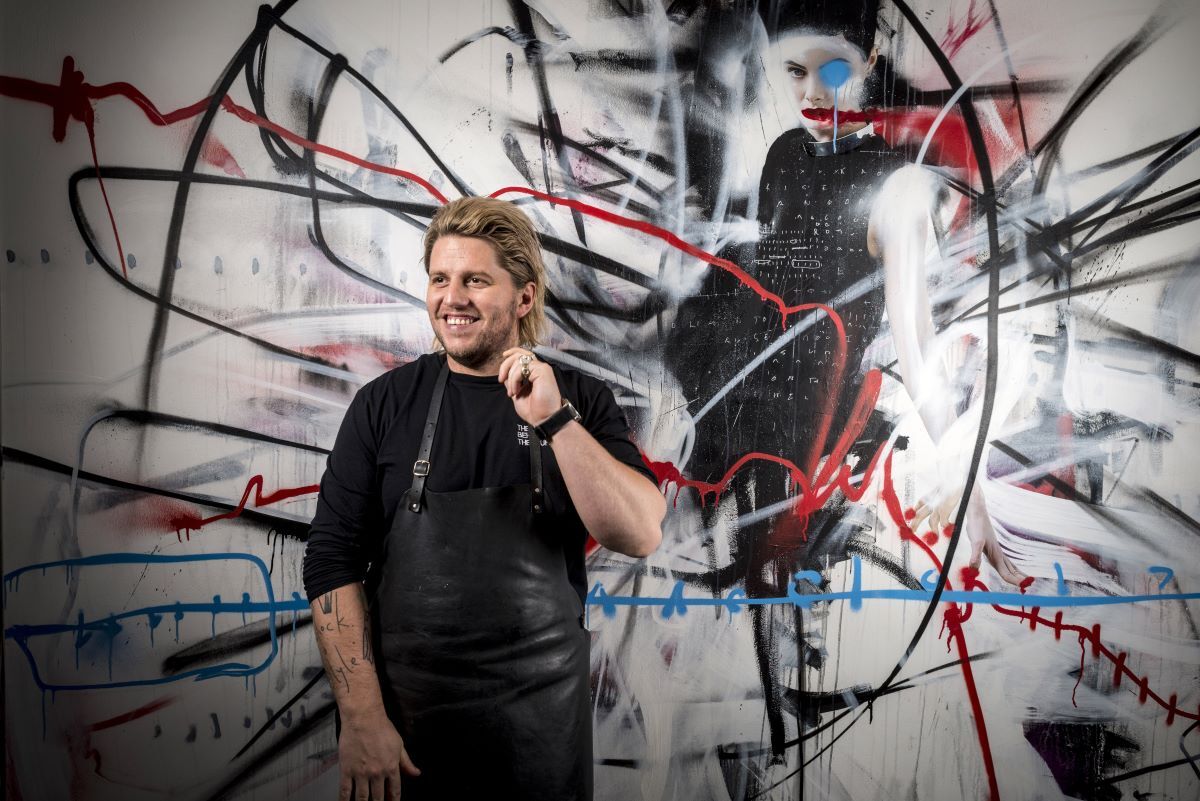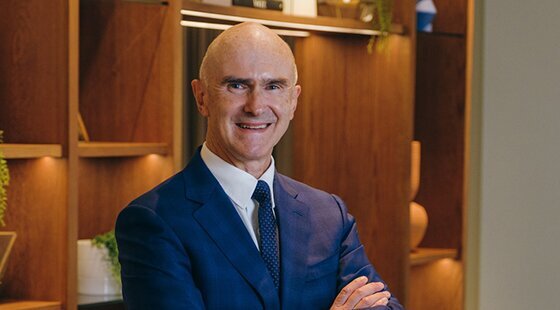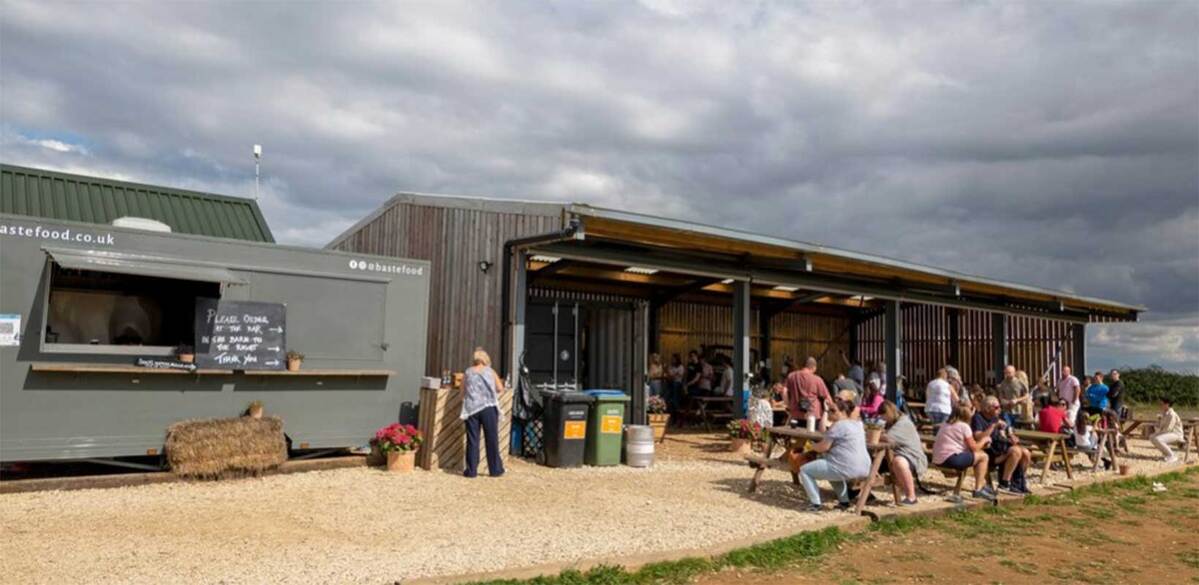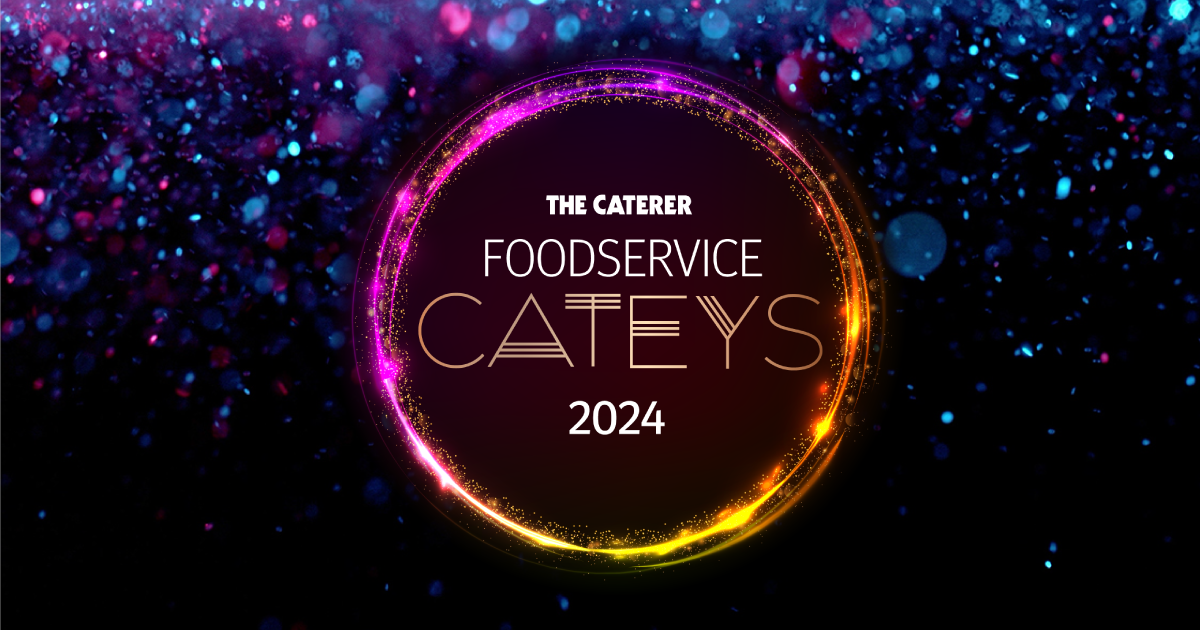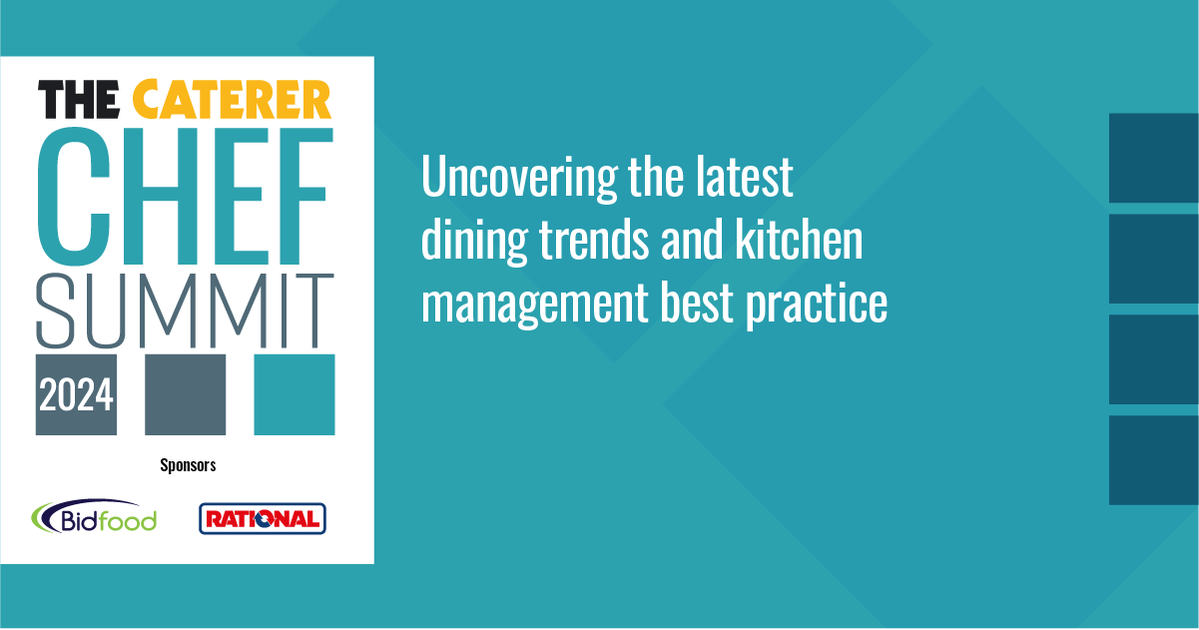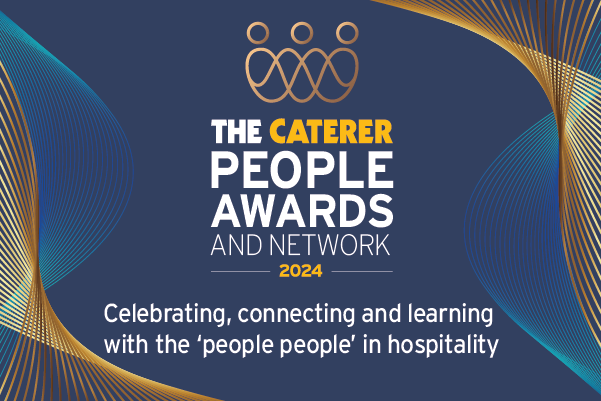Learn to adapt your technology
With control on costs tighter than ever, operators might be wary of making significant investment in new technology. But that doesn't mean you can't adapt and upgrade the technology that you already own. Ross Bentley explains
In today's tough economic climate, suppliers are reporting a reluctance on the part of some operators to invest in new technologies. A discernable trend, according to Nick Prime at Fretwell-Downing Hospitality, is for operators to try and upgrade the technology they already have and to look for ways of getting the most out of the functionality that already exists in their current systems.
"Few of our customer's are interested in technology for technology's sake," he says. "With the big technology investments, such as electronic point of sale, property management systems, accountancy and procurement systems, they want to maximise the technology they already own."
However, we are still seeing innovation in the sector with suppliers adapting established technologies for use in restaurants and hotels. Many of the latest products to be used in hospitality, such as iPads and apps for mobile devices, herald from the consumer world and reflect a growing expectation from customers that technology they use in their everyday lives should be available when they go out to dine or book into a room.
Giraffe attracts customers with QR codes
Last month, bar and grill chain Giraffe used QR codes to capture customer data and promote offers for the opening of its latest restaurant in Soho. The code was available on social media sites, eâ'mailed to existing customers and displayed on a billboard outside the restaurant, and was used by 150 people during the two-week opening period.
Â
IPad becomes a digital sommelier at Peninsula
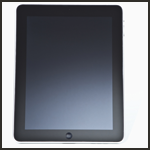
"This helps guests make an informed decision for their dinner choice and makes menu ordering a fun, engaging experience," says Fabien Riviere, manager of Felix, the hotel's in-house restaurant.
Â
PizzaExpress uses mobile payments for time-hungry diners
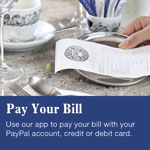
Available via Apple's App Store, the app can be used in any of PizzaExpress' 370 restaurants across the country and is part of a wider mobile solution, which also incorporates mobile websites, voucher redemption, live search and booking facilities, as well as customer interaction and messaging.
Â
EAT adoptS cloud computing
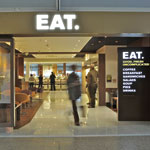
Â
tips on adopting a new technology into your business
â- Don't buy technology for technology's sake. Understand what you want from a business point of view.
â- Visit other operators who are already using the technology to make sure it is what you need.
â- Be specific about what return on investment looks like from the technology. It may not always be driving revenue or saving money - it may mean better compliance or improved customer service.
â- Constantly monitor business trends, such as sales, to see how technology is impacting on the business.
â- Look for systems that sell in modules, so you have a path to upgrade and don't have to pay for functionality you may not need.
Source Mike Brand, managing director, Uniware
Â
EASY ENTRY INTO ALOFT WITH RFID

Select Starwood Preferred Guest (SPG) members receive an RFID key card and on the day of a planned stay, a text message is sent to the guestâs mobile device with their room number. Once at the hotel, guests can go straight to their room and use the key card, which, it is hoped, may eventually act as an all-access pass throughout the Aloft stay, allowing guests to purchase all manner of items in the hotel.
Â
opinion: what we can learn from retail
Much of the technology that emerges in the hospitality industry originates from the retail sector, where there are more resources and funds available to develop new products. Electronic point of sale systems, stock management and procurement systems, internet-based price and promotion offers and loyalty cards all originated from retail and were developed a few years later for use by hospitality companies.
This trend means the hospitality industry has the advantage of adopting technology that has been tried and tested elsewhere. Of course, there are also technologies that have been developed in the hospitality sector out of necessity. Products like room management and reservations systems as well as health and nutrition systems have emerged from hospitality suppliers because they are specific to the sector and can't be found anywhere else.
The latest trend in hospitality is the search for industry relevant applications to run on handheld devices like PDAs, smartphones and the iPad. Again, these gadgets have been widely-used by consumers for a number of
years and only now that they are commonplace are suppliers developing tools to enable customers to carry out tasks like booking accommodation, ordering meals, or finding a hotel or restaurant.
Nick Prime, managing director, Fretwell-Downing Hospitality



